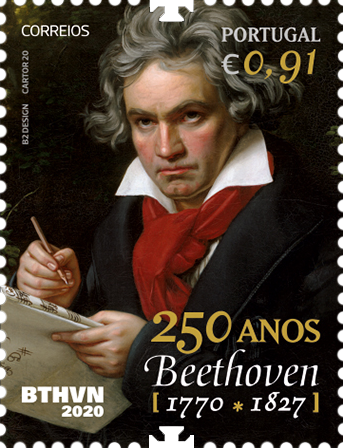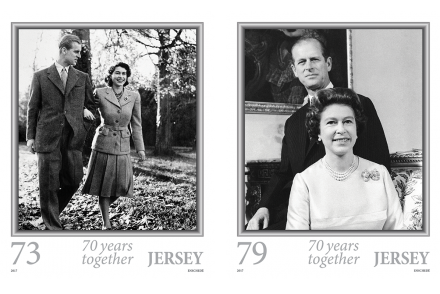Ludwig Van Beethoven’s 250th Anniversary
The place occupied by Ludwig van Beethoven (1770-1827) in the universal history of music is, in many aspects, completely unique. In him, the legacies of all the Baroque and Classical masters converge; with him, in an explosion of creativity, we see the emergence of the essence of musical Romanticism; and from him come many of the great lines that have de ned musical creation until today. Deeply committed to his time, in particular to the cause of the new ideas of liberty promoted by Enlightenment thinking and by the French Revolution, his role was decisive in a rming artistic dignity, artists’ need for creative independence and their ability to express the conscience, the desires and dreams of the community to which they belong.
His personal story was, in itself, one of a constant ght for freedom – against the curse of a progressive deafness that didnot manage to limit his creative passion, against the ongoinginstability of his circumstances of material survival, against any concessions to easy aesthetic solutions, whether in accordance with the preferences of sponsors or simply the dominant taste of the market, that might compromise the authenticity of his creative gesture. And his journey was always marked by the ruthless demands he made of himself, by the need for discovery, by the overcoming of each new challenge he set himself, by the continual reinvention of his writing following every stage reached on this path.
With this profound authenticity and originality it seems obviousthat – in an apparent contradiction – his music was able toovercome the barriers of his speci c individual, historical,geographic and cultural circumstances and to question likenone other audiences of all periods, all generations, all classes, all cultures, like a glowing message of con dence in the very best of the human condition, in his essential eagerness for dignity and freedom and in his intrinsic need for the pursuit of beauty, justice and truth.
Rui Vieira NeryUniversidade Nova de Lisboa




